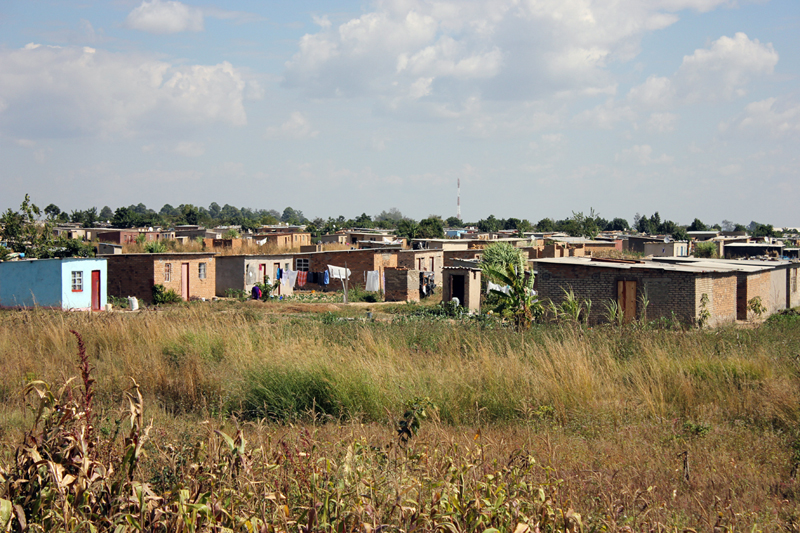Exploring water-gender-health nexus in human settlements in Hopley, Harare

This study examines the challenges of accessing water in the Hopley area of Harare and how this affects gender inequality, particularly for women and children. The authors argue that water has a gendered dimension, and there is an intricate interplay between water, gender, and public health. Using the Moser gender analytical framework and social justice theory, the authors analyze the gender roles and implications of water use and access on public health. This research provides insights for enhancing the liveability of human settlements. A mixed-method research design is used to collect data from both primary and secondary sources. The findings reveal that water scarcity and poor quality are prevalent in Hopley, which disproportionately affects women and girls responsible for household water tasks. Women and girls are more vulnerable to emotional, physical, and psychological stress associated with accessing water, which perpetuates social injustices rooted in patriarchal societal values and norms. The study concludes that the interplay of water-gender health is critically interconnected, and there is a need for research and policy interventions to address these challenges.
Abstract based on source.


Comments